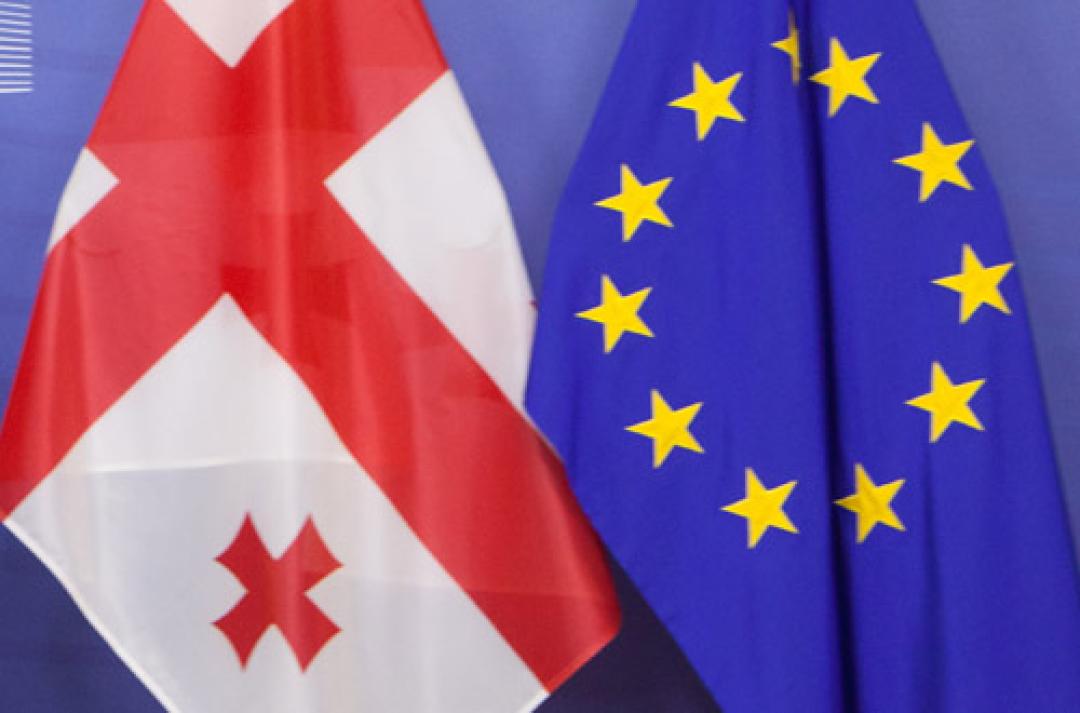
Georgian Government Defends EU Path Amid Protests and Foreign Criticism

On December 4, Svenja Schulze, the Federal Minister for Economic Cooperation and Development of Germany, announced that no new development cooperation projects with Georgia would be approved, and no loan agreements would be signed.
During a press briefing on December 4, Maria Zakharova, the Russian Foreign Ministry Spokesperson, stated that Russia was ready to normalize relations with Georgia “as far as Tbilisi is ready for it.” She remarked, “We believe that the Georgian people will have enough foresight and faith not to become a pawn in someone else’s dirty and very dangerous game.” Zakharova criticized Western nations for supporting Georgian demonstrators opposing the Georgian Dream Party's EU stance, describing their actions as “monstrous statements” and accusing the West of hypocrisy in interfering in Georgia’s internal politics. She further condemned President Salome Zourabichvili for encouraging youth to protest, calling such actions irresponsible and stating, “You must be a person without a head or a person without a heart... or both.” Zakharova concluded by asserting that Westerners interfere in Georgia’s internal affairs, unlike Russia, and suggested that Zourabichvili’s actions be assessed legally after her presidential term ends.
On December 3, Irakli Kobakhidze addressed the media at a press conference, praising the Ministry of Internal Affairs for responding to the protests, which he claimed met “higher standards than those seen in Europe and the US.” While admitting to isolated incidents of violence during the protests’ initial days, he insisted that the government took “appropriate measures” to prevent escalation. Kobakhidze accused opposition parties and NGOs of orchestrating a “failed Maidan” and alleged they were using young people to promote “radical ideologies.” He warned parents to keep their children away from what he described as “centers of liberal fascism” and accused civil society organizations of supplying protestors with pyrotechnics.
Kobakhidze also criticized foreign actors and “wealthy NGOs” for attempting to destabilize Georgia, claiming they had utilized their remaining resources, including public service networks, to back the protests. He dismissed accusations of Georgia halting its EU integration, stating that the decision to delay negotiations until 2028 was meant to prevent “harmful speculation” and ensure readiness for future talks. He emphasized that Georgia remained committed to the Association Agreement with the European Union.
The Georgian Foreign Ministry later issued a press release addressing concerns over statements from the Baltic states about Georgia's EU decision. The ministry labeled these comments as interference in Georgia's internal affairs, affirming that the government acted in line with international norms to maintain public order. It reiterated Georgia's commitment to eventual EU membership and expressed hope for a return to traditional, respectful relations with its partners.
See Also


Simonyan: “Armenia Should Trade with Turkey and Azerbaijan Instead of Closing Borders”

Mirzoyan Meets US Deputy Assistant Secretary Joshua Huck

Azerbaijani President Holds Talks with UAE and German Business Delegations on Economic Cooperation

Grigoryan Confirms Armenia’s Readiness to Dissolve OSCE Minsk Group Upon Peace Treaty Signing

